The Selection Of A New Pope: A Deep Dive Into Papal Conclaves And Their History
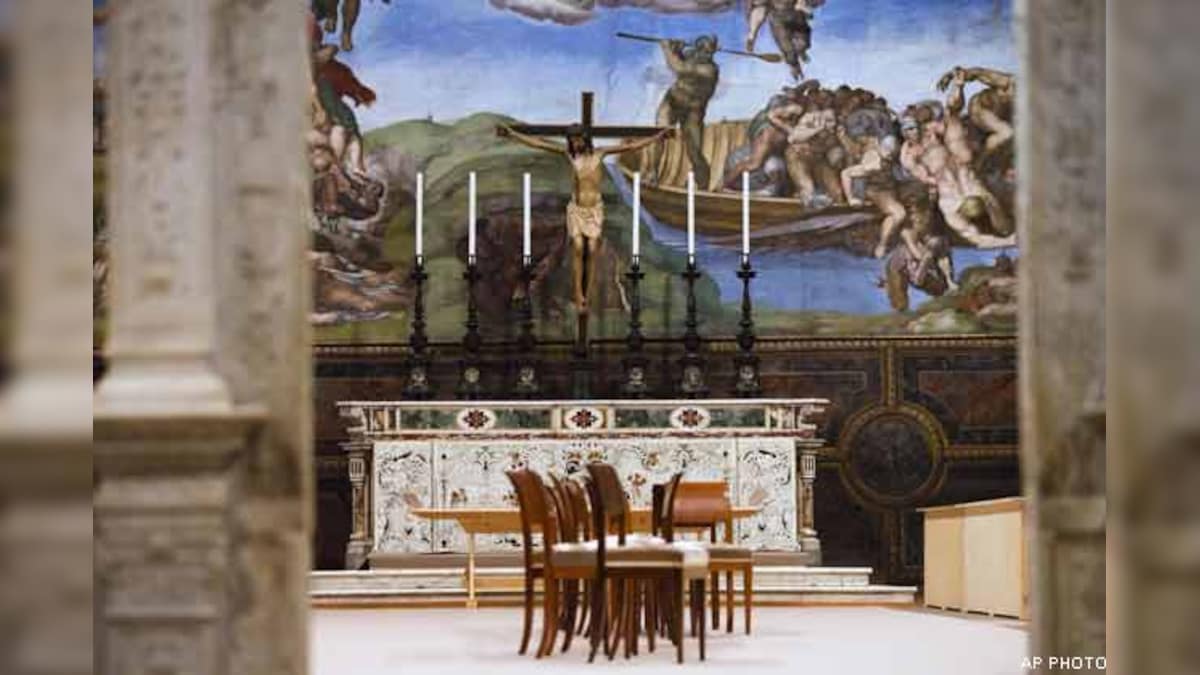
Table of Contents
A History of Papal Conclaves: From Early Practices to Modern Procedures
The early history of Papal elections was often tumultuous, characterized by factionalism, bribery, and even violence. Before the formalization of the Conclave, the process lacked structure and transparency, leading to prolonged power vacuums and contested elections. The selection process was largely influenced by secular powers and often lacked the solemnity and order we associate with the modern Papal Conclave.
Key historical moments significantly shaped the Conclave's procedures. These reforms aimed to streamline the process, minimize outside influence, and ensure a more equitable selection.
- Historically significant conclaves:
- The conclave of 1271, which lasted nearly three years and led to the establishment of the Ubi periculum bull, setting time limits for future conclaves.
- The conclave of 1378, resulting in the Western Schism, highlighted the need for stricter regulations. The ensuing conflict profoundly impacted the Church and influenced subsequent reforms in the selection process.
- The conclave that elected Urban VI in 1378, an election later deemed controversial and contributing to the Western Schism.
- Major reforms:
- The Papal bull Ubi periculum (1274) introduced time limits and regulations to expedite the election process.
- Later reforms, especially during the 16th and 19th centuries, aimed to further reduce external influence and enhance secrecy.
The gradual shift towards a more structured and secretive process aimed to safeguard the integrity of the election and protect the Cardinals from external pressure. The modern Papal Conclave is significantly different from its chaotic predecessors, with established rules and regulations meticulously followed. The introduction of technology, including secure communication systems, has also impacted the modern conclave, ensuring efficient communication and maintaining secrecy during the process.
The Mechanics of a Papal Conclave: Secrecy, Scrutiny, and the Sacred Process
The process leading up to the conclave is carefully orchestrated.
- Pre-conclave processes:
- The official announcement of the Pope's death or resignation.
- The gathering of eligible Cardinals in Rome.
- Pre-conclave meetings to discuss logistical arrangements and to prepare for the election.
The conclave itself is governed by strict rules and regulations, designed to ensure fairness and secrecy.
- Conclave rules and regulations:
- Complete seclusion within the Sistine Chapel.
- Formal voting procedures involving secret ballots.
- The requirement of a two-thirds majority vote to elect a new Pope.
- The crucial role of the Papal Master of Ceremonies in overseeing the proceedings.
The "fumata," the smoke signal emanating from the Sistine Chapel chimney, holds immense symbolic weight. Black smoke indicates a lack of consensus, while white smoke signals the election of a new Pope. This visual cue, a long-standing tradition, provides a public spectacle while maintaining the secrecy of the internal deliberations.
Challenges and controversies surrounding conclave procedures have historically existed, ranging from disputes over eligibility to concerns about undue influence and manipulation. These aspects underscore the complexity and sensitivity of the Papal Conclave process.
The Role of Cardinals in the Papal Conclave
Cardinals eligible to participate must meet specific criteria, primarily regarding age and unwavering loyalty to the Catholic faith. Their expertise in Church doctrine and governance plays a significant role in the selection process.
Different Cardinal factions, often aligned with particular theological viewpoints or regional interests, can significantly impact the outcome. The dynamics between these groups influence the election's trajectory and the eventual choice of the new Pope. The Dean of the College of Cardinals plays a crucial leadership role, guiding the proceedings and ensuring the smooth functioning of the conclave.
The Impact of Papal Elections on the Catholic Church and the World
Different Popes have profoundly shaped the Church's direction and global influence. Their policies and actions have impacted various aspects of the Church, from doctrinal interpretations to its social and political involvement.
The socio-political context surrounding past Papal elections has often been complex and consequential. External pressures and internal divisions have influenced the choices made, with lasting impacts on both the Church and global affairs.
- Examples of Popes with significant impact:
- John Paul II's papacy profoundly impacted the Cold War era and the global Catholic Church.
- Pope Francis' emphasis on social justice and reform has reshaped the Church's public image and approach to contemporary issues.
Papal choices have long-term effects on doctrine, Church policy, and the overall perception of the Catholic Church. The influence extends far beyond the confines of the Vatican, impacting global politics, social movements, and cultural trends.
Conclusion
The selection of a new Pope through the Papal Conclave remains a pivotal event for the Catholic Church and the world. Understanding its historical evolution, intricate procedures, and far-reaching consequences offers invaluable insight into the complex dynamics of religious leadership and global influence. From its humble beginnings to its modern, highly scrutinized form, the Papal Conclave continues to fascinate and intrigue. To further explore this rich and multifaceted history, delve deeper into the research on Papal Conclaves and their impact on the Church. Learning more about the intricacies of the Papal Conclave will enhance your understanding of this vital process within the Catholic Church.

Featured Posts
-
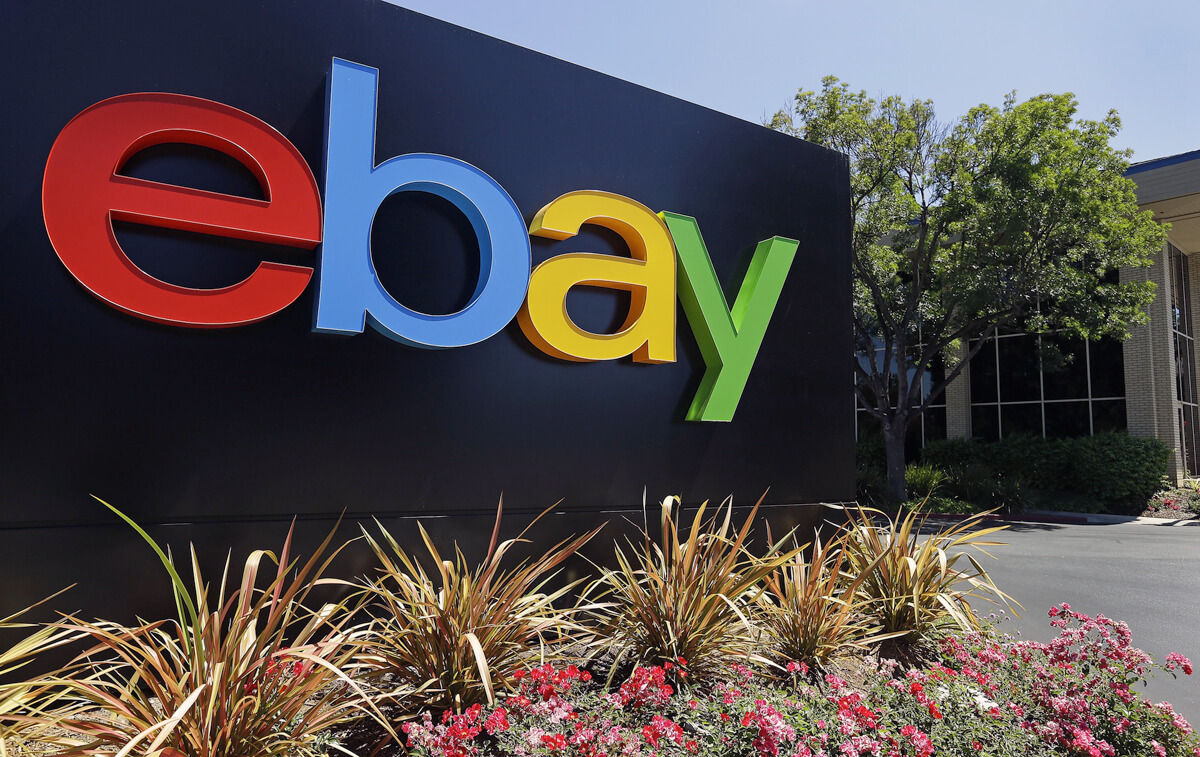 Judge Rules Against Section 230 Protection For Banned Chemicals On E Bay
Apr 22, 2025
Judge Rules Against Section 230 Protection For Banned Chemicals On E Bay
Apr 22, 2025 -
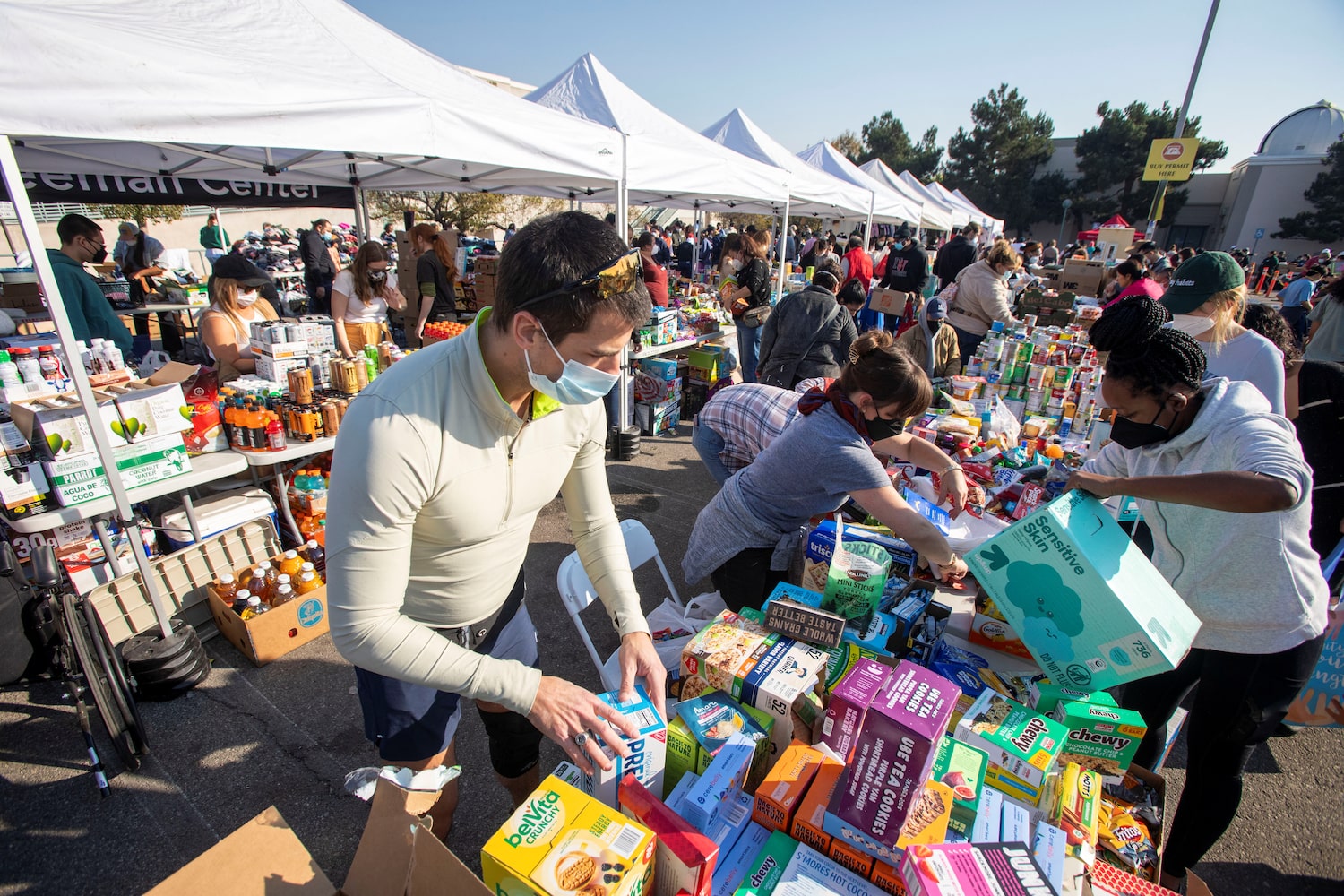 Is Betting On Wildfires A Sign Of The Times The Los Angeles Case
Apr 22, 2025
Is Betting On Wildfires A Sign Of The Times The Los Angeles Case
Apr 22, 2025 -
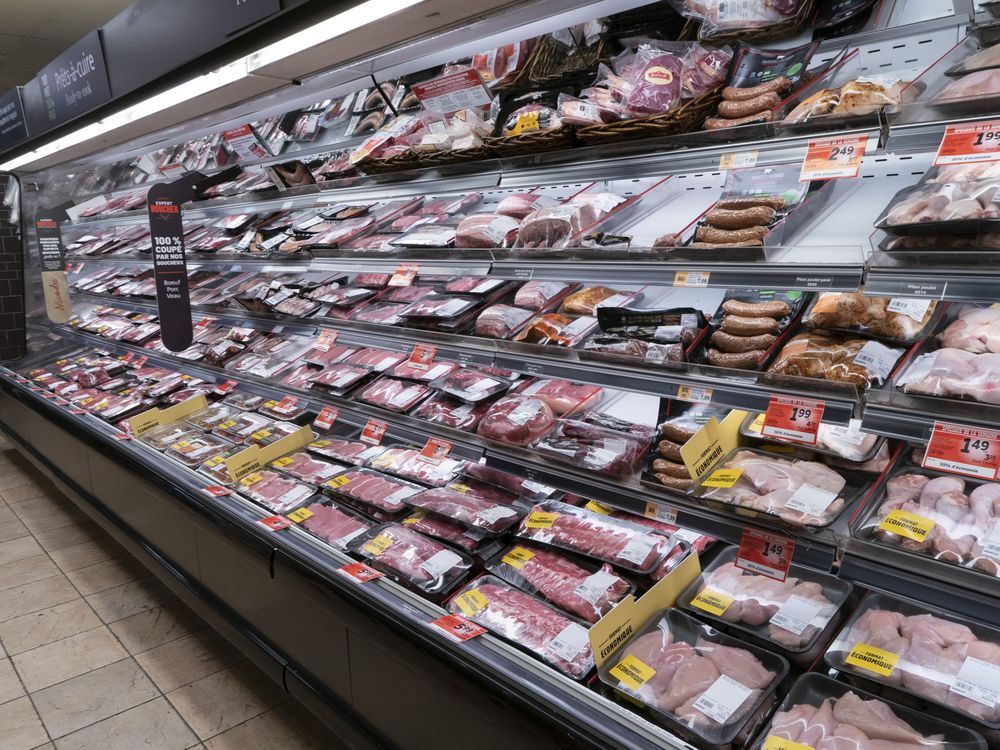 Landmark 500 Million Bread Price Fixing Settlement Canada Awaits May Hearing
Apr 22, 2025
Landmark 500 Million Bread Price Fixing Settlement Canada Awaits May Hearing
Apr 22, 2025 -
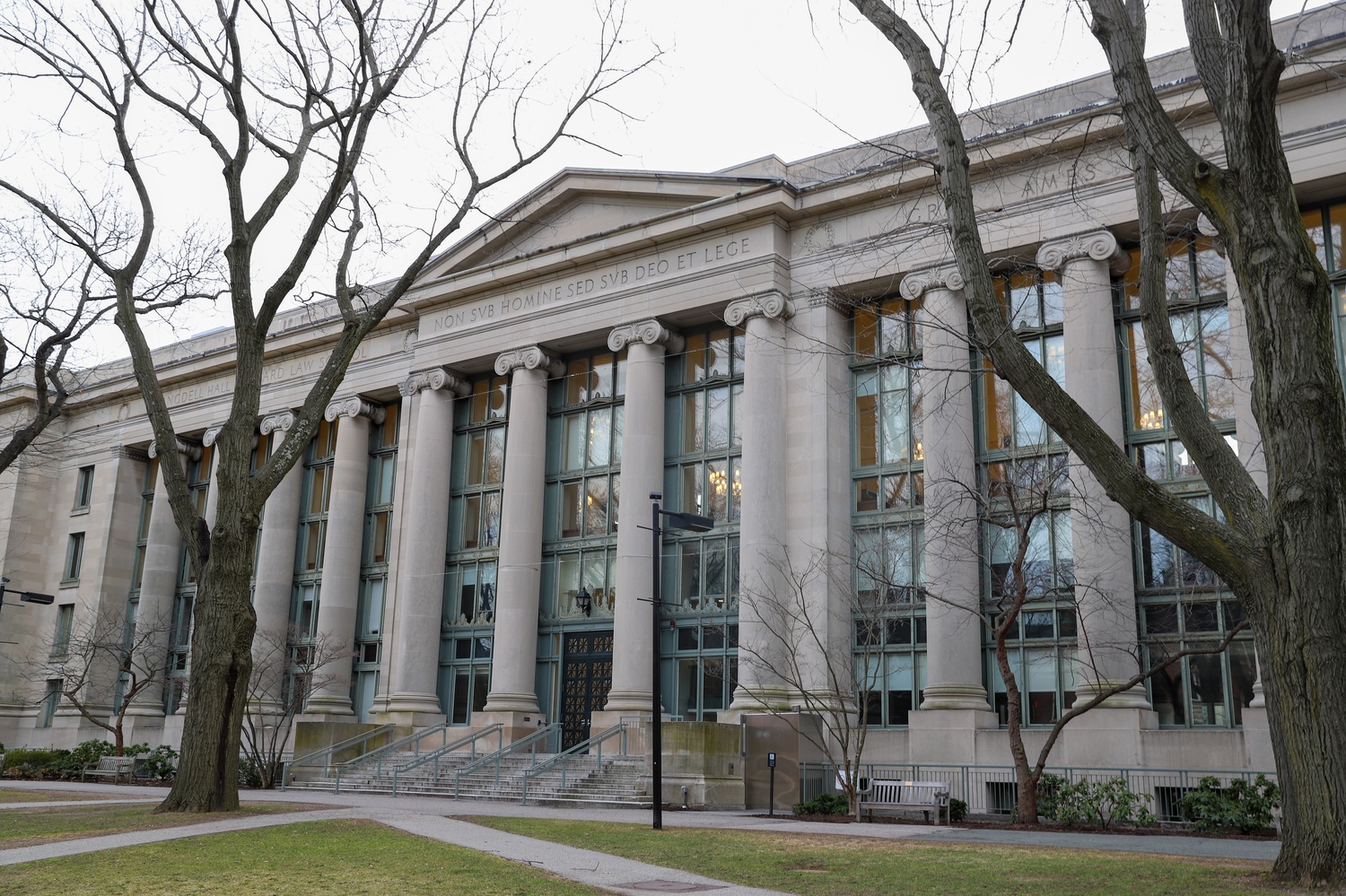 1 Billion Funding Cut Planned For Harvard Exclusive Report On Trump Administrations Ire
Apr 22, 2025
1 Billion Funding Cut Planned For Harvard Exclusive Report On Trump Administrations Ire
Apr 22, 2025 -
 Beyond Bmw And Porsche Foreign Automakers Face Headwinds In China
Apr 22, 2025
Beyond Bmw And Porsche Foreign Automakers Face Headwinds In China
Apr 22, 2025
